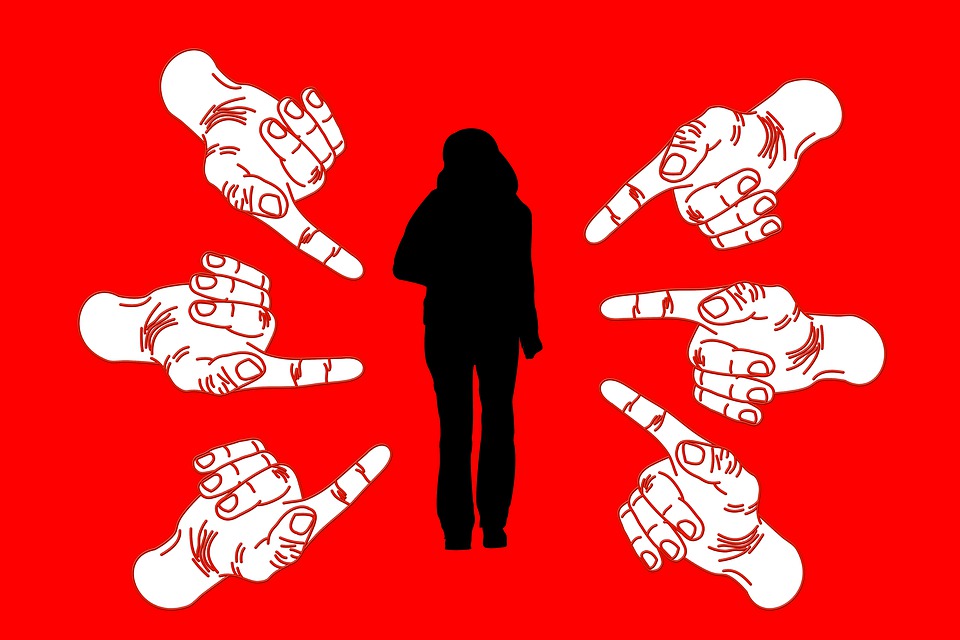Generational change is a “myth” when problems are rooted in a system where junior doctors are trained to conform, says AMSA President Alex Farrell
Australia’s future doctors are tired of hearing that their generation will be the one to overturn the hidebound, sexist, bullying culture of medicine.
In a hard-hitting speech, Australian Medical Students Association President Alex Farrell said generational change was a “myth” when the problems were rooted in a system where junior doctors were trained to conform.
“They will continue to perpetuate that culture, unless it is actively disrupted,” she told an audience of more than 200 delegates at the AMA’s national conference in Canberra last month.
“We need support from you, doctors who have power in the system to help us change it.”
Ms Farrell said students faced challenges in gender equity, diversity in leadership, in mental health and mistreatment, often at the hands of consultants, as well as growing pressure to compete for too-few training positions when they graduated.
In medical school, females were told to avoid specialties that were not “family friendly” and called “lucky” if a supervisor known as a bully decided to flirt with them instead.
Women had to work harder to prove themselves because they did not fit the leadership image.
“It’s not really about gender or sex; it is about power and authority, and who we see holding it,” Ms Farrell said.
“Everyday sexism looks benign, but it has shaped what medicine looks like, from our first-year university students, all the way up to the people here today.
“In the past couple of years, medicine in Australia has been rocked by the revelation of endemic harassment. I don’t think anyone will be truly surprised when the next horrible event breaks. We haven’t changed enough to expect them to stop.
“But it’s not enough to wait till then to be shocked back into action. There’s no more room for apathy in this space.”
The same urgency applied to other vulnerable groups. Indigenous medical students were subjected to stereotyping and racist comments, and “being regularly told they had taken the place of someone who actually deserved to be in medicine”.
Medical students were also tired of being told to toughen up, Ms Farrell said.
“For us, resilience has become a dirty word.
“Resilience is a suicidal friend pointed towards mindfulness courses. It takes students at their darkest point and tells them they should have been stronger.
“It acknowledges the medical training environment is flawed, but at the same time says that the answer is fixing students, rather than seeking larger change. That is what students hear.”
Ms Farrell said 60% of medical students had witnessed mistreatment in their education, usually as belittlement, condescension or humiliation, but they were unlikely to speak out for fear of the consequences.
“Women are more likely to be mistreated in medical education than men, queer students more than heterosexual, clinical students more than preclinical.”
Barriers to leadership and advocacy roles only grew when certain groups were less valued and protected, she added.
“For students and doctors-in-training, the health system is hierarchical and rigid. Challenging norms simply isn’t safe territory,” Ms Farrell said.
Would she speak up if bullied or harassed after returning to clinical rotations next year? She could not say for sure.
“I, as so many students are, am worried about what might happen on the wards, but I’m even more worried about what might happen in a report.”


